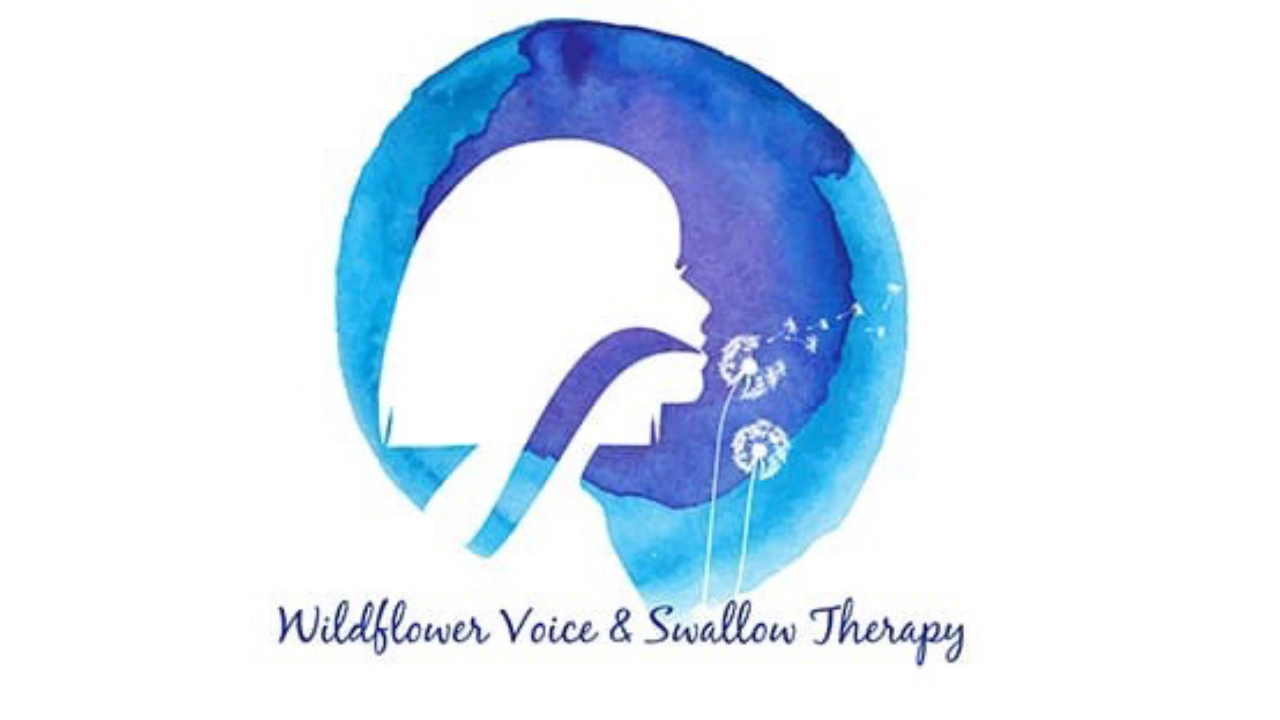When Should My Child Be Able to Regulate Their Emotions?
Jul 31, 2023
Emotional regulation is the ability to “control” our emotions. Emotions are part of the human experience, but they can be tricky to navigate, especially when your child can’t bring themselves back to a state of calm without significant intervention or a long wait time.
When should my child be able to regulate their emotions?
From birth to around 7, children need what is considered co-regulation. An infant co-regulates with a caregiver when the caregiver provides a calm environment, including things like patting their back, singing, and rhythmic “sh sh sh” sounds. However, there’s an unconscious shift that we notice occurring as our children begin walking and communicating; we expect them to self-regulate.
However, true self-regulation is not developmentally expected for children under 7. Additionally, if your child is neurodiverse, has developmental delays, or has a history of trauma, expect that your child may be older than 7 when they can effectively self-regulate. Additionally, until a child has consistent strategies to use, supported by caregivers, they may not be able to appropriately regulate on their own.
Although this might feel discouraging, there are ways to develop healthy patterns and strategies while they are young, in order to reduce the time/effort needed to be provided by the caregiver in terms of “co”-regulating. In fact, as your family develops consistent language and strategies, your child may need very little support to be able to come back to calm after a frustrating situation.
What are strategies my family can use?
1. Provide Language To Their Emotions
Children, especially younger children, need support to identify what they are feeling with words. A great way to provide this language is to say things such as “you really wanted to play with that toy, you might be feeling mad/sad”, “I hear that you are mad, you really wanted to eat that cookie”, “your face is smiling so much, you must be happy”. Bonus points if you describe them in yourself! For example, if you spill your water, you can explain that you feel mad, and then practice taking a deep breath or giving yourself a hug.
2. Provide A Calm “Time-in” Spot
“Time-in” is a time where you and your child can connect and regulate together. Talk with your child’s therapist to determine what sensory items may be appropriate to utilize during this time. The goal is to be calm and bring your child back to that space of calm before returning to the task or process that triggered the dysregulated response.
3. Take A Break
There are many ways to “take a break” that will support your child’s fight/flight/freeze response to deactivate. An environment change can be helpful, especially if it is outside. You can take a walk and point out things that you see, hear, and touch various naturey things to incorporate multiple senses. Water play, drinking water, and washing hands are also great ways to support relaxation (*however, if your child does not typically enjoy touching water, this would further activate their fight/flight/freeze response which would be the opposite of your goal).
But my child needs to know that what they did was not right, how is this going to help them learn?
Often when your child has been dysregulated, they’ve demonstrated behaviors that are unkind or unexpected and need to be addressed. One thing to note is that when a child’s fight/flight/freeze system has been activated (what we see when their emotions are out of control), they have very limited (if any) access to their pre-frontal cortex, which is the “thinking” part of our brain. This means that when they are dysregulated they have much more difficulty with understanding language, making decisions, learning, and following directions. Our recommendation is to regulate and connect, in order to allow their brain to hear and learn from when you correct their actions afterwards!
Work with your child’s therapist to game plan what you can do to support co-regulation and growing independence with emotional regulation with your child at home!
Written by Abigail Pichardo, MOT at Wildflower Therapy in Gainesville, FL License #OT21520
https://mqa-internet.doh.state.fl.us/MQASearchServices/HealthcareProviders/LicenseVerification?LicInd=21881&Procde=5601&org=%20
Stay connected with news and updates!
Join our mailing list to receive the latest news and updates from our team.
We hate SPAM. We will never sell your information, for any reason.

